10 tips to naturally treat arthritis
By Jessah Shaw, Adv Dip (Nut Med)
Arthritis refers to inflammation of the joints. It is incredibly common in the elderly, but there have also been several cases of young adults or middle-aged people with this debilitating disease. Symptoms include: stiffness, pain, swelling and deformity of the joint. There are several types of arthritis; however, the two most common are osteoarthritis and rheumatoid arthritis. Osteoarthritis is due to wear and tear of the joints, causing the gradual breakdown of the bone and the cartilage. This often results in a crackling noise in the joints known as crepitus, this is due to the rough surfaces of the bone rubbing against each other. Rheumatoid arthritis on the other hand, is one of the most common autoimmune diseases where the immune system attacks the joints.
What causes arthritis?
- Poor diet – With an excess of processed foods, alcohol, sugar and preserved meats, and a lack of raw vegetables and fruits.
- Dehydration – From insufficient water intake or excess consumption of coffee and soft drinks.
- Excess uric acid in the body – Specifically in reference to gouty arthritis.
- Joint trauma – From sport injuries or accidents.
- Excess weight – Which causes premature wear and tear of the joints.
- Sedentary lifestyle – Lack of exercise and reduced fitness.
- Autoimmune diseases – Such as lupus, rheumatoid, Hashimoto’s, etc. Gluten intolerance may worsen autoimmune arthritis.
Tips to naturally treat arthritis


1. Maintain a healthy weight
Carrying excess weight not only strains joints, but also causes further problems for joints that may already be sensitive and partially damaged. Fat doesn’t just sit on your body, it also creates and releases hormones and chemicals that cause inflammation that worsens arthritis all through your body. Carrying excess fat cells accelerates the breakdown of joints, especially in people who have other risk factors for arthritis.


2. Get active
While some exercises may cause further pain, physical activity is extremely beneficial for strengthening the muscles around the affected joint; which provides more support and less strain. Weight bearing exercise may aggravate the pain, therefore more suitable forms of exercise include: yoga, Tai Chi, Pilates (for improved range of motion and flexibility), swimming (for building strength and endurance) and strength training (for resistance). Regular exercise has been proven to help in lowering inflammation, regulating hormones and can even help in the prevention of unnecessary replacement surgeries.


3. Keep your fluids up
Aim to drink 1.5 to 2L of water a day to help eliminate uric acid through the kidneys and improve circulation of blood to the joints. Starting the day with a large glass of water and fresh lemon is a great way to alkalinise your body and stimulate your liver and digestive system for the day ahead. On the other hand, coffee and alcohol intake should be reduced as they increase the production of acid in the body; which can accumulate in the joints and cause inflammation.


4. Avoid gluten and sugar
Foods that contain wheat and gluten are a major driver of inflammation and arthritis. Having an allergy/intolerance to wheat or gluten is extremely common and joint pain is one of the common symptoms of an immune response to these foods. Gluten is present in wheat, oats, barley, rye and many processed foods. To find out more about the effects of gluten, read Dr Cabot’s book ‘Gluten: Is it making you sick or fat’. Sugar triggers inflammation throughout your whole body and can increase the risk of cancer, depression, anxiety and several other conditions. Eliminate foods that contain refined sugar like sweets, white rice, white flour-baked goods and soft drinks.


5. Eliminate fried and processed foods
Otherwise known as “fast foods”, these types of foods promote inflammation in the body; therefore, reducing your intake can help to restore the body’s natural defences and reduce inflammation. These types of foods are often made with cheap vegetable oils that are very high in omega 6 fats and in excess amounts cause inflammation in the body. The oils to avoid are canola, soybean, sunflower, safflower, rice bran and corn oil.
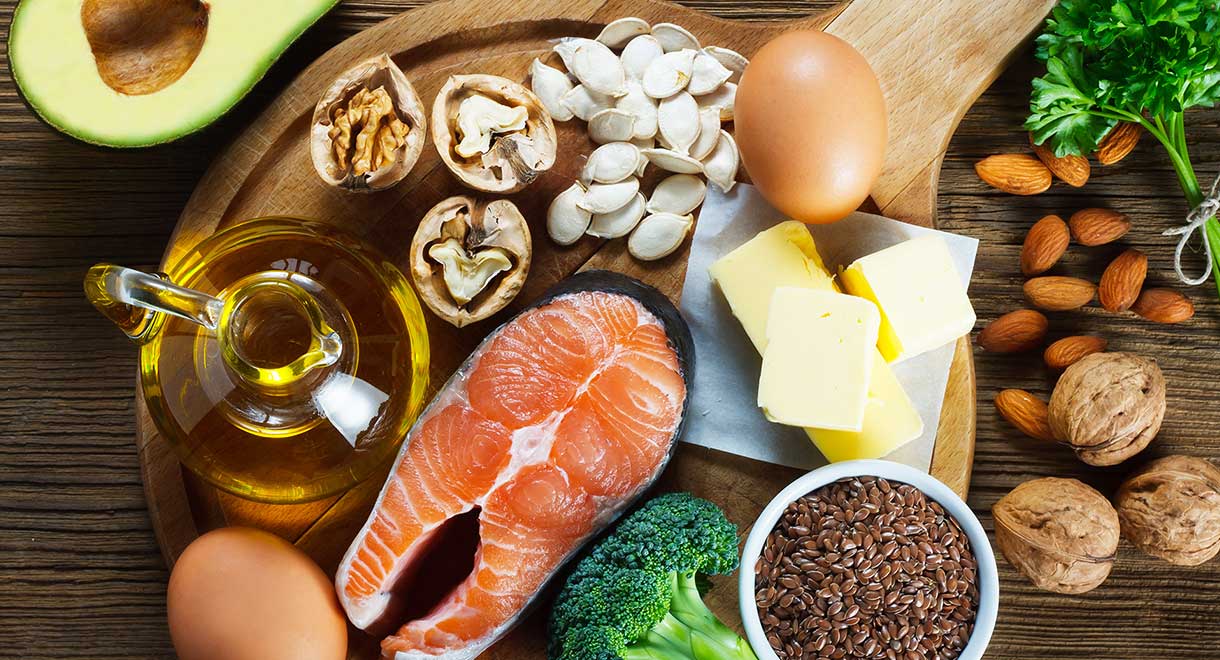

6. Consume more omega 3 foods
Omega-3 fatty acids reduce inflammation and are present in foods such as oily fish (salmon, herring, mackerel, sardines), raw nuts and seeds, extra virgin olive oil, coconut oil and avocadoes. Not only do omega 3 foods reduce inflammation, they also reduce pain, swelling, redness and stiffness. To maintain optimal levels, deep sea cold water fish should be consumed 3 to 5 times per week, or taken as fish oil or krill oil capsules.
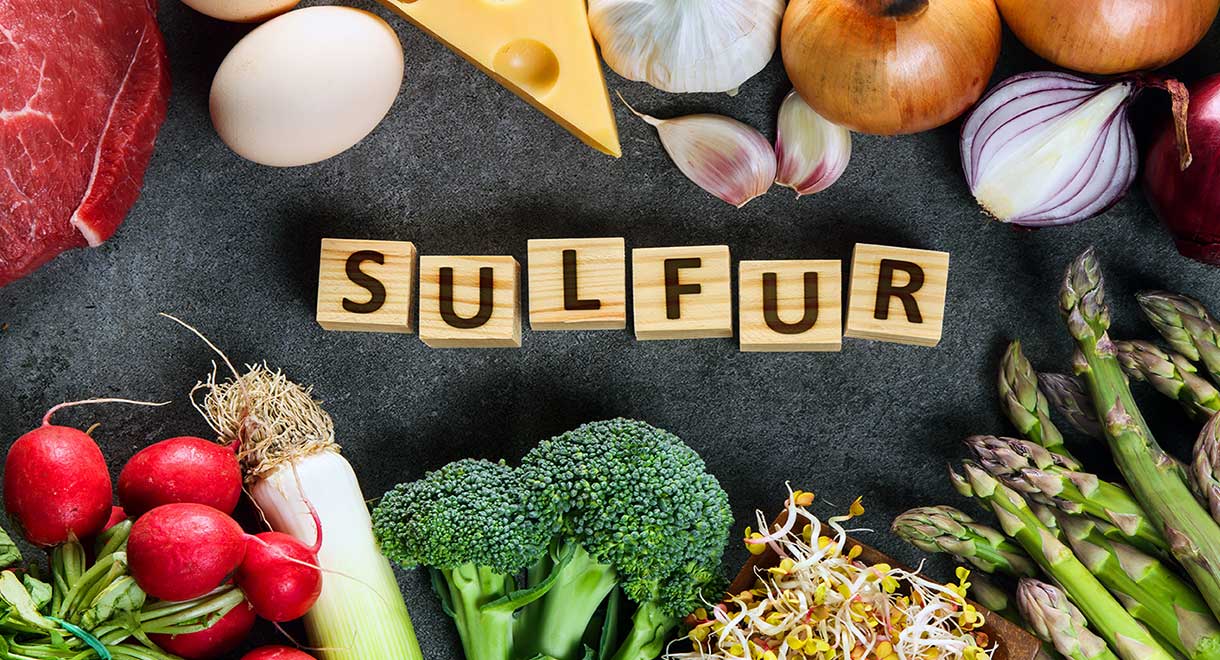

7. Have high-sulphur foods
Sulphur contains a form of MSM that reduces joint inflammation and helps to rebuild your tissues. Sulphur is an essential element of all connective tissue, thus it helps to maintain the integrity of joints, tendons and ligaments, plus hair, skin and nails. Foods that contain sulphur include onions, cabbage, garlic, asparagus, broccoli, eggs and cauliflower. Try to incorporate these foods into your regular diet.
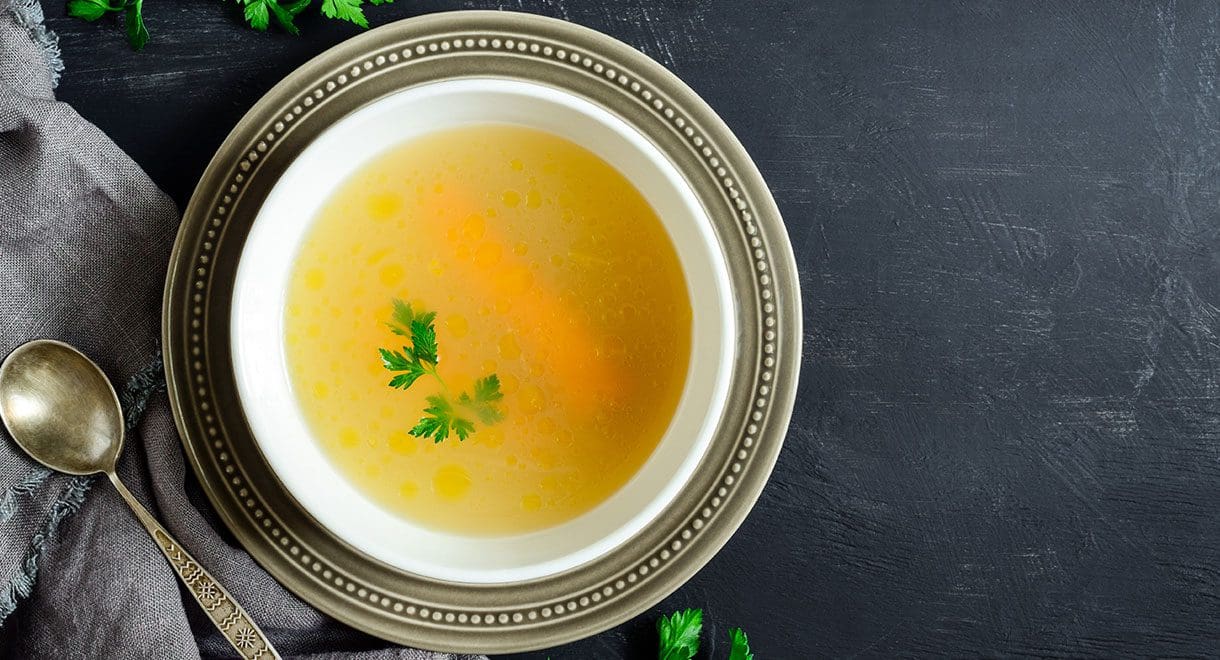

8. Get into bone broth
Bone broth is rich in gelatine, collagen and glucosamine which are renowned anti-inflammatory nutrients; thereby reducing joint pain and inflammation. It also contains the amino acids proline and glycine, which both help in rebuilding tissues. Bone broth works by slowly and gently extracting the valuable nutrients from the bone – making it a dietary powerhouse. Ultimately, bone broth can be beneficial for anyone with intestinal, immunological, inflammatory and autoimmune health conditions.
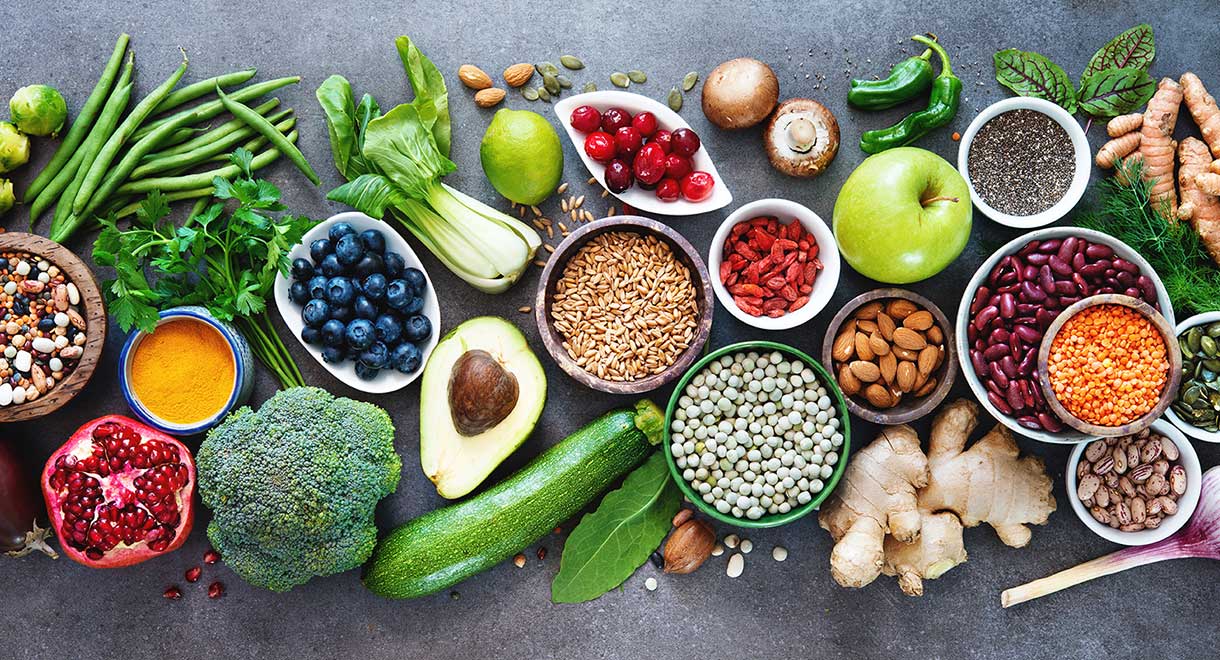

9. Consume plenty of antioxidants
Specifically, raw vegetables and fruits which are loaded with digestive enzymes and anti-inflammatory properties. Papaya, which contains the enzyme papain, and pineapple, which contains the enzyme bromelain; are both effective for reducing inflammatory symptoms of arthritis. Leafy green vegetables, berries, melon, avocado, celery and ginger are particularly good sources of antioxidants, and are excellent in juices. There are excellent juice recipes for arthritis in Dr Cabot’s book ‘Raw Juices Can Save Your Life’. Most people do not have the time to make a fresh raw vegetable juice every day. That’s when Dr Cabot’s Ultimate Superfood powder comes in handy. With 28 superfoods and greens, as well as pea protein, it helps reduce inflammation in your body, in a convenient and delicious way.
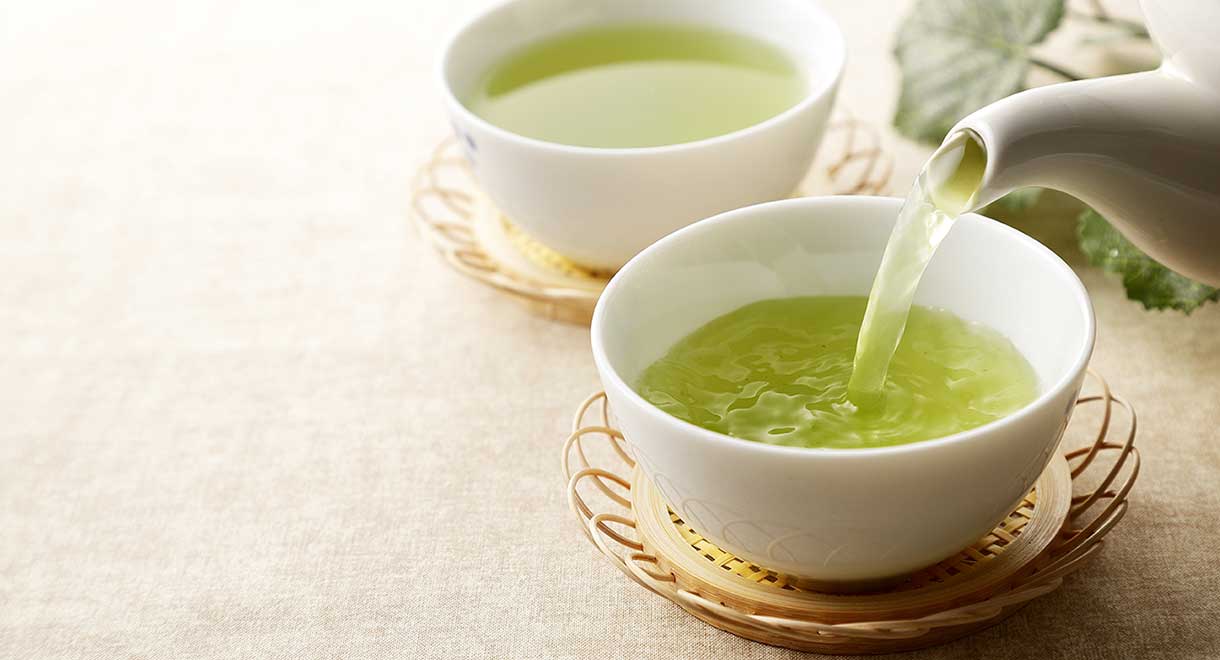

10. Sip green tea
Green tea is an excellent addition to your diet mainly due to its polyphenols content, which are antioxidants that can reduce inflammation and slow down the destruction of cartilage. Having at least three cups a day can help to relieve pain and prevent further inflammation.
If you are suffering from rheumatoid arthritis, there is an excellent plan to support your immune system and prevent inflammation in Dr Cabot’s book ‘Healing Autoimmune Disease’.


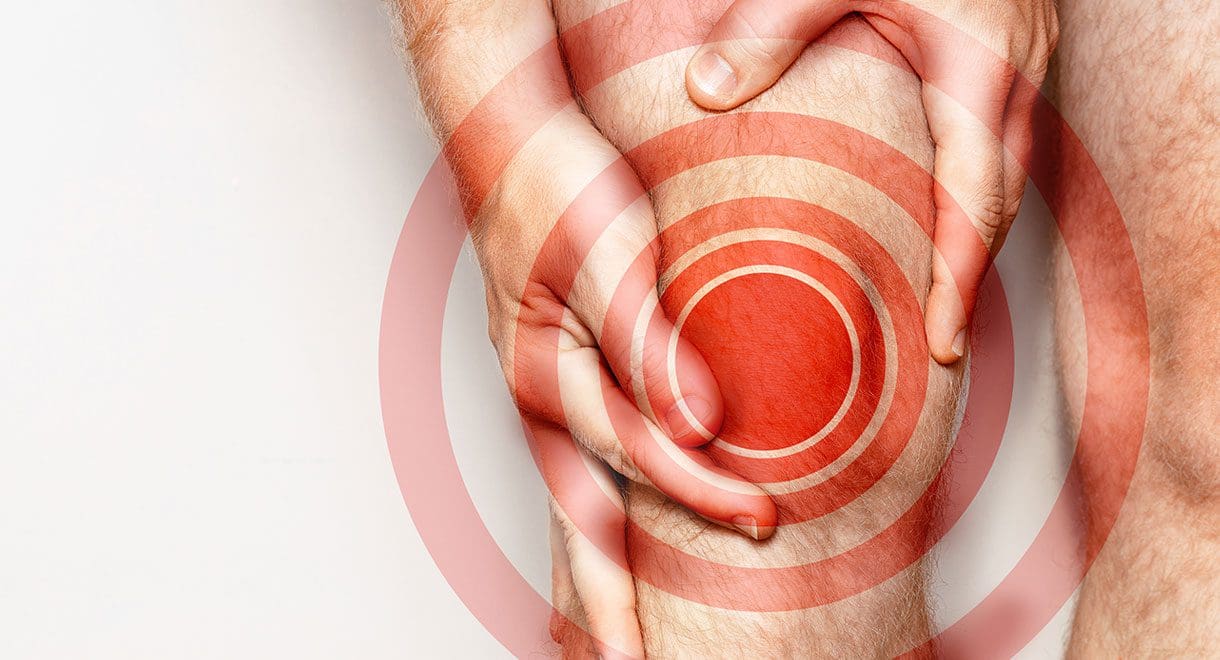






What is the danger with Rice Bran Oil?
Hi Jan,
Sorry that was a typo, we have updated the article.
Kind regards,
Louise
I have a SAG intolerance so most of these foods aggravate or cause swollen joints and give me migraines. I have tried many different natural methods and practitioners with no real progress so I follow the strict RPA elimination diet. Interested to hear your comments. Best regards Richard
Hi Richard,
Unfortunately it’s quite common for people with autoimmune arthritis to have multiple food sensitivities. Sometimes a strict elimination diet is required for a period of time to allow the gut lining to heal and a microbiome imbalance to resolve. If you haven’t already, you may want to Google Mikhaila Peterson the Lion Diet. Freshly cooked ruminant meat is probably your best option.
Kind regards,
Margaret